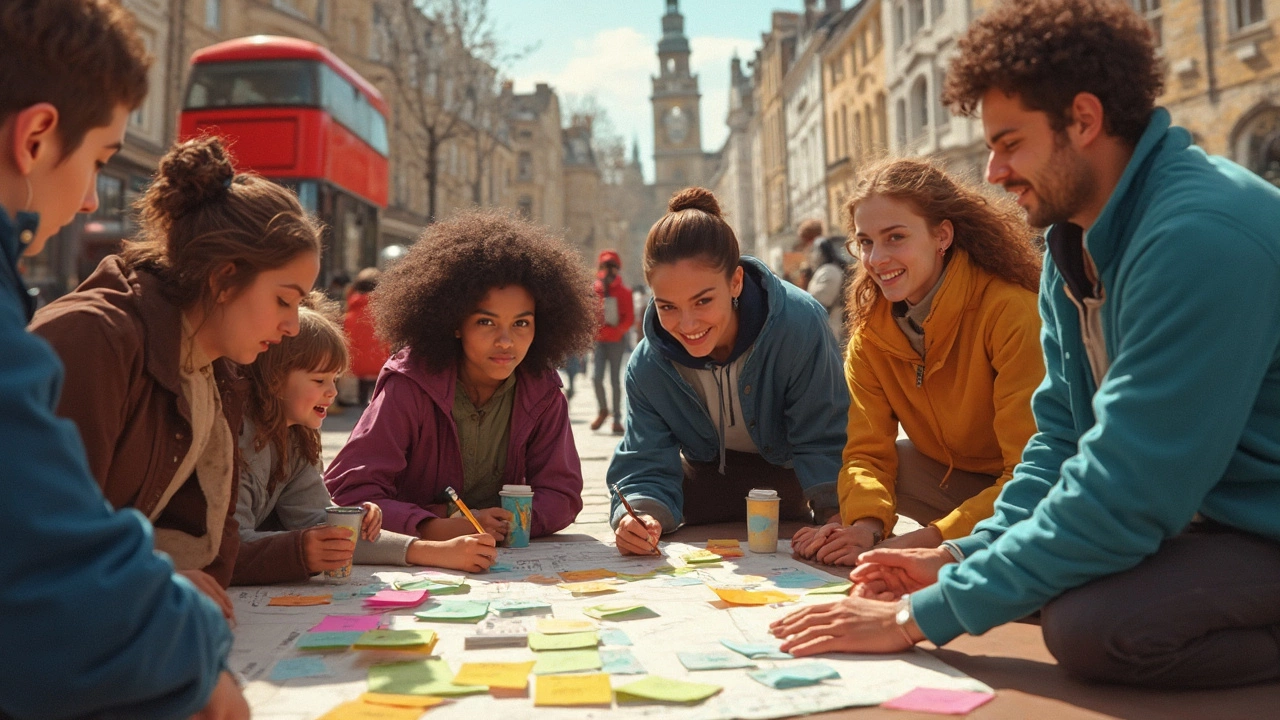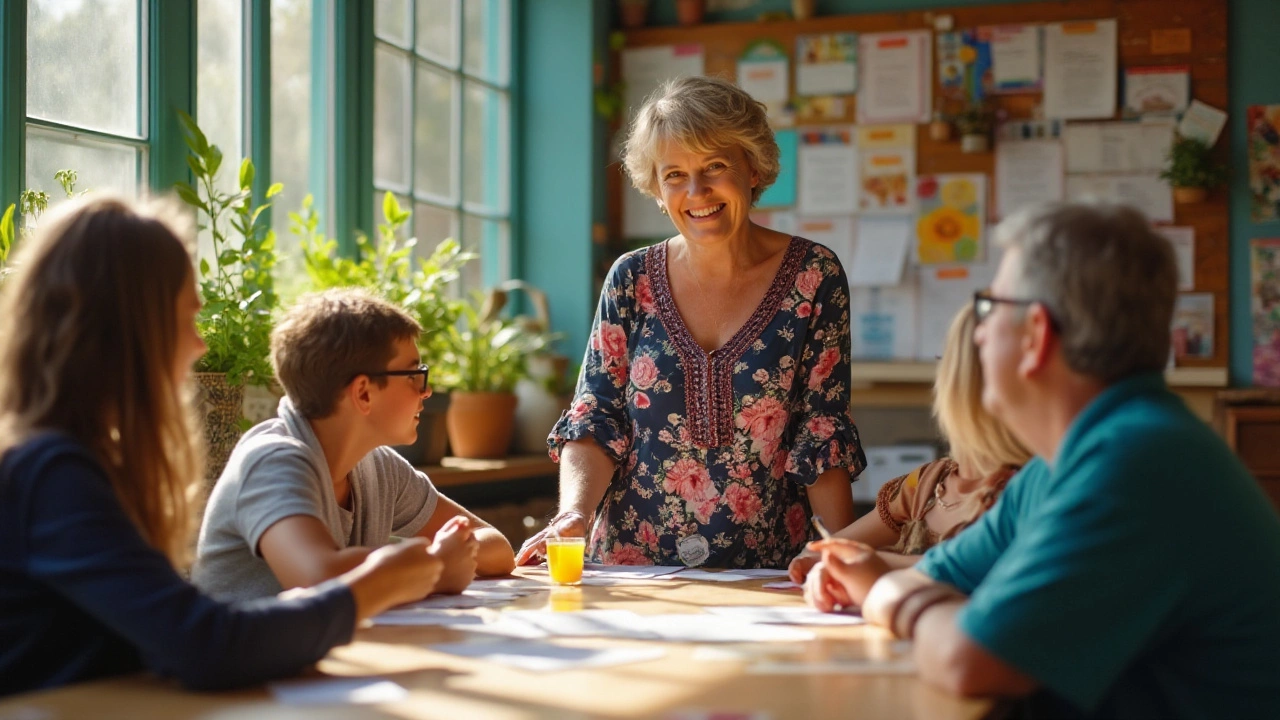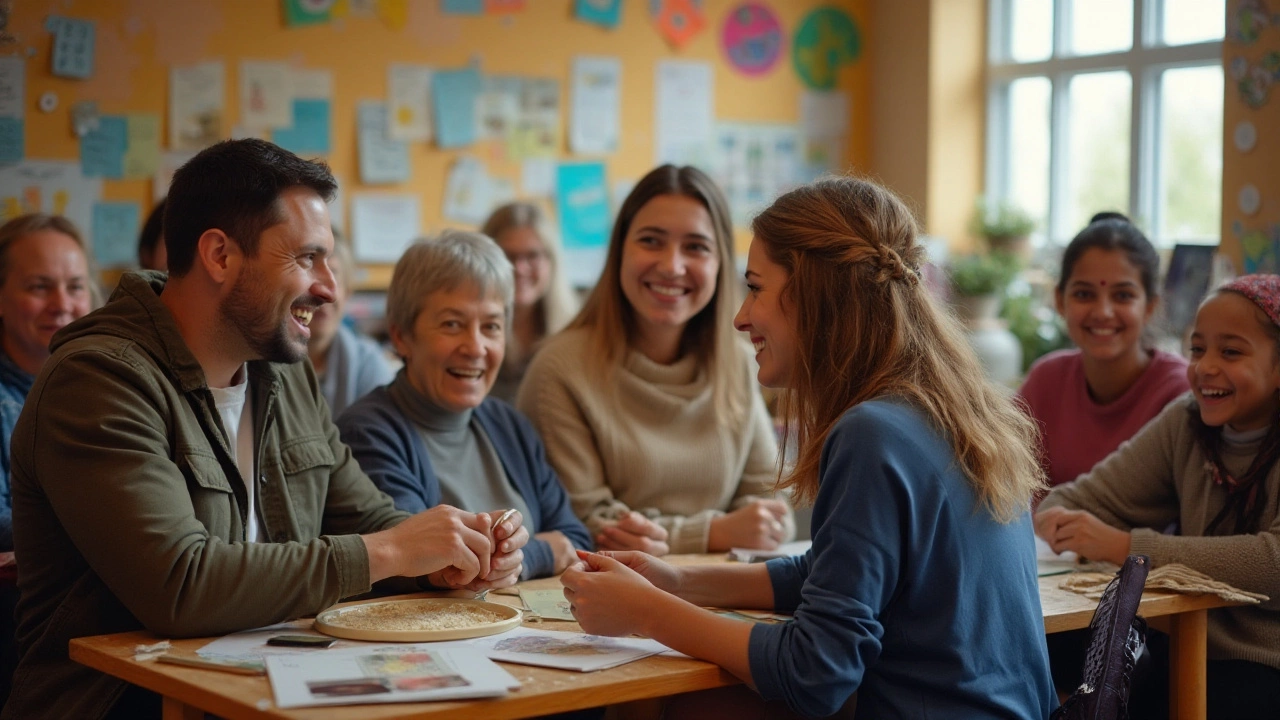Engagement Resources for Volunteers and Community Builders
If you’re looking for ways to get more involved in your neighbourhood, you’ve come to the right place. This page brings together articles that explain why engagement matters and show you how to take action right now. No jargon, just clear steps you can use today.
Why Community Engagement Matters
Being part of a local project does more than help a single cause – it builds friendships, improves wellbeing, and makes the area a better place to live. When you volunteer, you meet people who share your interests and you learn new skills on the job. Studies from local groups show that neighborhoods with active volunteers have lower crime rates and higher satisfaction among residents.
Engagement also gives you a voice. By joining a charity event or a community outreach programme, you can influence decisions that affect your streets, parks, and schools. Even a small act, like handing out care packages or helping at a fundraiser, adds up when many people pitch in.
Practical Tips to Boost Your Involvement
1. Start with what you enjoy. If you love working with kids, look for a kids club or after‑school programme. If you prefer hands‑on work, check out local clean‑up days or food‑bank shifts. Matching your interests to an activity makes it easier to stick with it.
2. Set a realistic time goal. Instead of promising a whole weekend each month, aim for an hour or two a week. Consistent small blocks fit better into busy lives and reduce the chance of burnout.
3. Use the resources on this site. Articles like “Volunteer Shortage in 2025” and “Qualities of the Best Volunteers” give you ideas on how to be an effective helper. Read the tips, then apply them to your next volunteer slot.
4. Connect with a local group. Many towns have outreach workers or community centres that coordinate volunteers. Reaching out to a community outreach worker can quickly match you with a project that needs help right now.
5. Track what you do. Keep a simple log of hours, tasks, and what you learned. This record helps you see progress, and it looks good if you ever need to show a reference for a job or a grant.
6. Share your experience. Talk about your volunteering on social media or at local meetings. When others hear your story, they may join in, creating a ripple effect.
7. Mix it up. If one activity feels stale, try another. Switching between a fundraising event, a community garden, and a youth development workshop keeps things fresh and expands your skill set.
Remember, engagement isn’t a one‑time sprint. It’s a series of small actions that add up over time. Pick an article that speaks to you, follow the steps, and you’ll see how easy it is to make a real impact in your area.
Ready to get started? Browse the posts below, choose a topic that clicks, and take the first step today. Your neighbours, local groups, and yourself will thank you.

How to Start an Outreach: Building Community Connections That Actually Work
Thinking about starting outreach but feeling overwhelmed? This guide breaks it down step by step, showing you how to identify the right cause, connect with people, and make a real difference in your community. From picking your focus to actually getting people on board, every part is easy to follow. You'll even get some unexpected tips that most guides leave out. By the end, you'll have a roadmap for launching an outreach that won't fizzle out.

Discover Effective Alternatives to 'Outreach'
Finding the right word to replace 'outreach' can be crucial in making your community engagement efforts more impactful. This article explores alternatives that can symbolize your intentions more clearly and resonate better with your audience. It offers insights into choosing words that match the cultural and contextual settings of your community. Readers will gain practical tips and real-life examples that illustrate the effectiveness of such alternatives. As language shapes perception, selecting the most appropriate term is key.

The Core Purpose of Community Outreach
Community outreach is all about bridging gaps and bringing people together. It's designed to support, educate, and engage with those in the community who might need a little extra help. By understanding its objective, we can better tailor our efforts to create meaningful connections. Dive in to learn about how you can contribute and make a positive impact.

Understanding the Role of a Community Outreach Representative
Community outreach representatives act as vital bridges between organizations and the public. They develop and implement outreach programs, foster relationships, and represent their organization's mission in various communities. Their role involves organizing events, mobilizing volunteers, and ensuring effective communication. This article explores the daily tasks, essential skills, and real-world impact of community outreach representatives.

The Importance of Community Outreach: Reasons People Engage
People engage in community outreach for various reasons, often driven by a desire to make a difference and foster social connections. Through outreach work, individuals can develop new skills, gain insight into diverse perspectives, and contribute to societal well-being. This involvement often leads to personal growth and an enhanced sense of empathy. The article explores these motivations and provides insight into effective outreach practices.